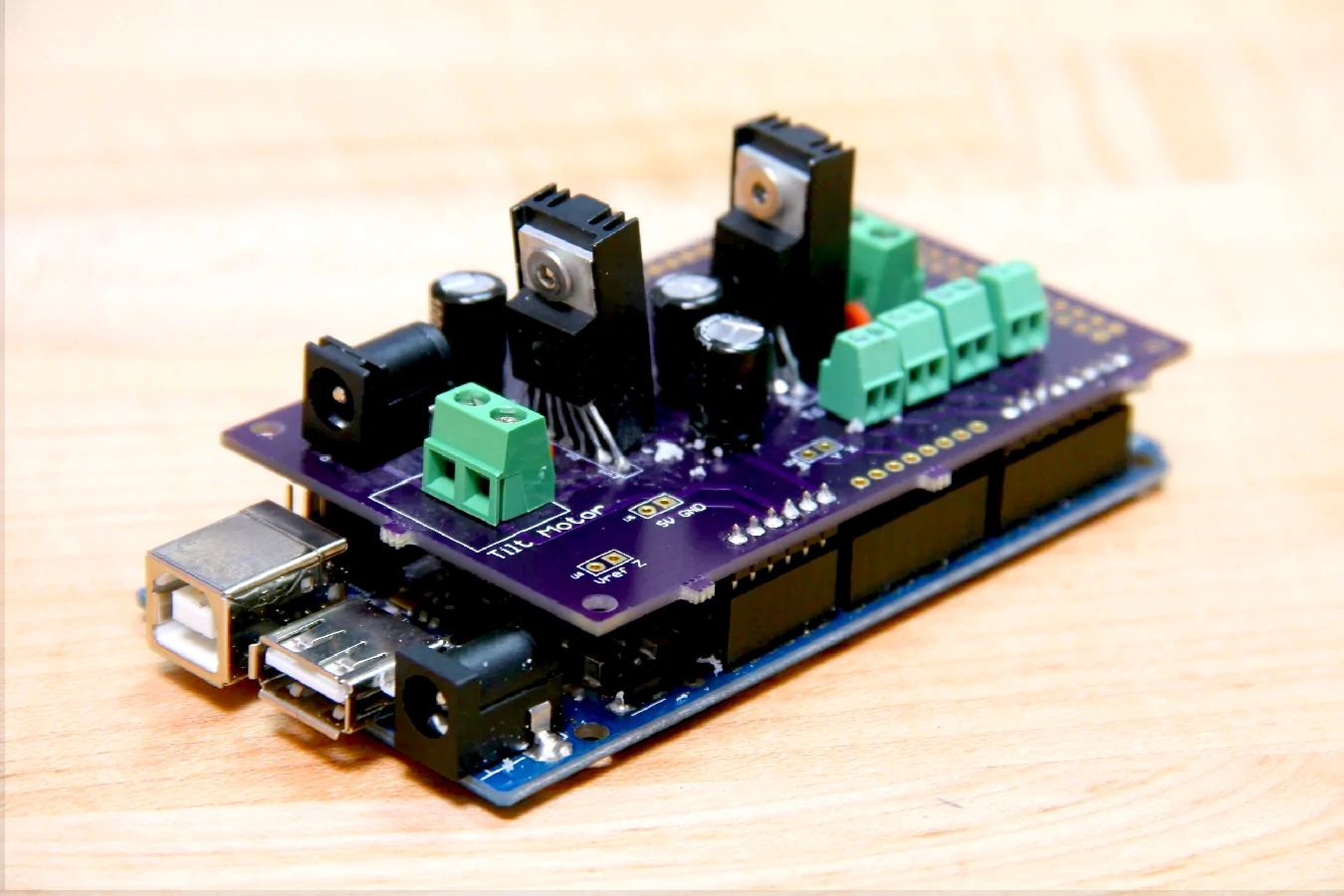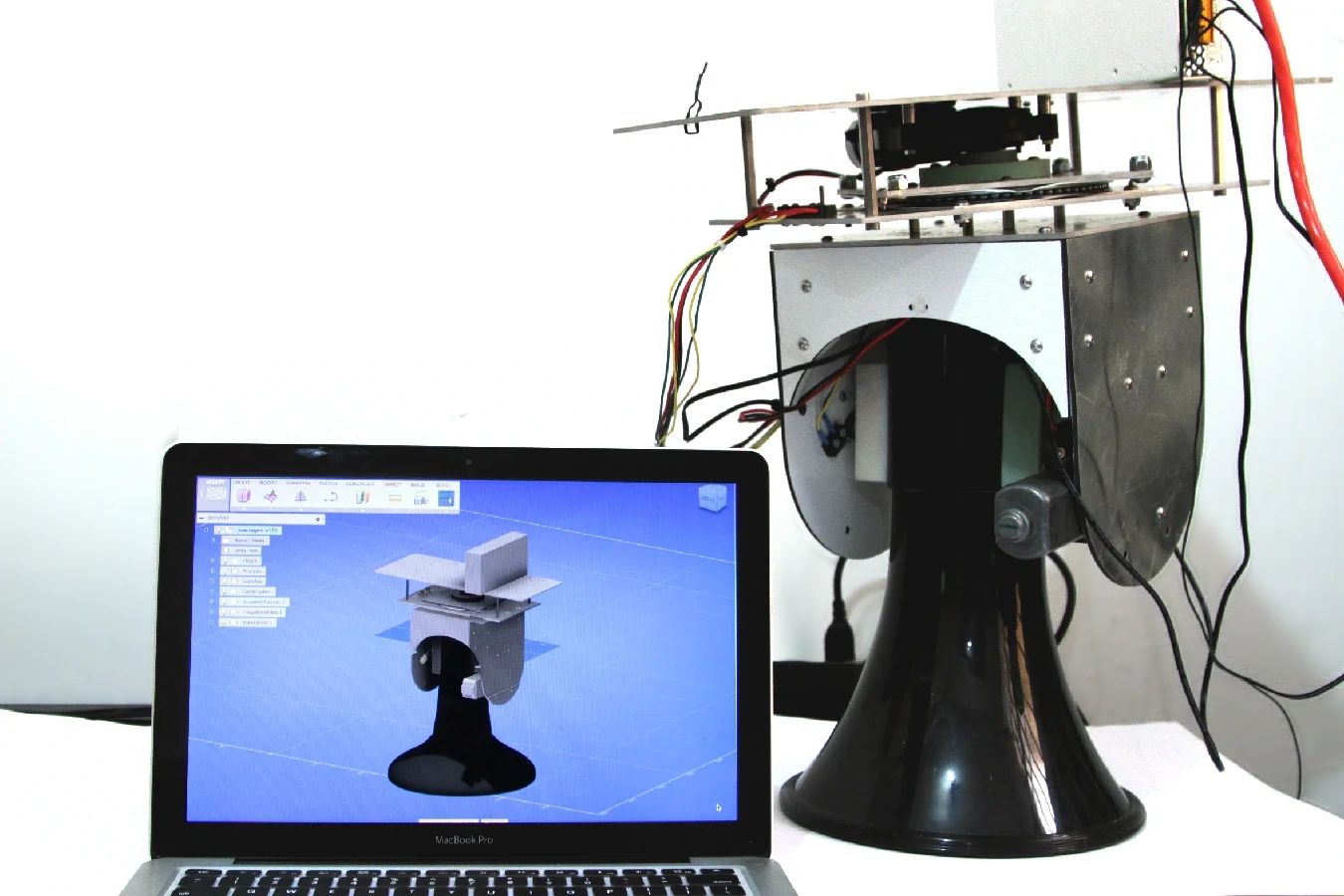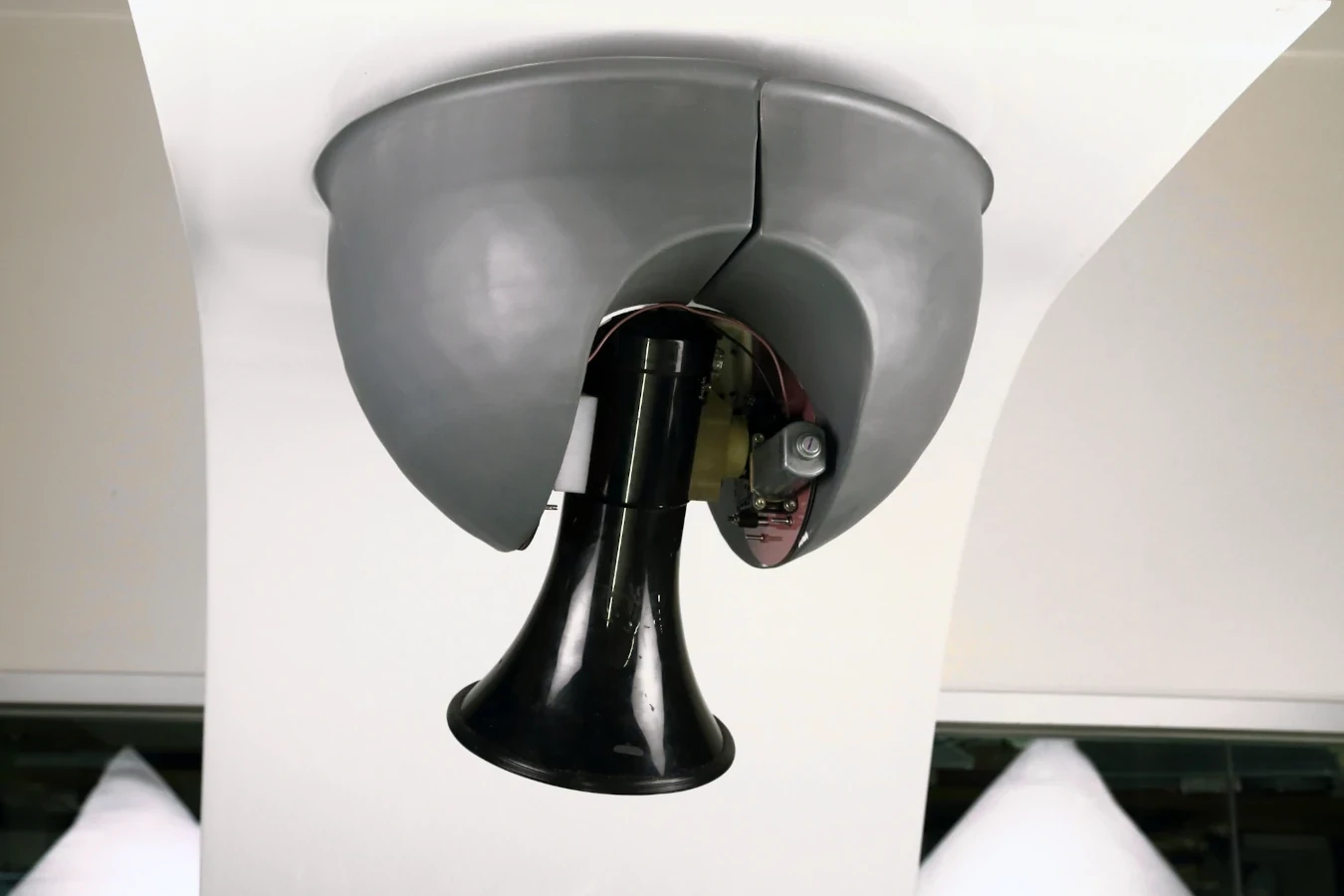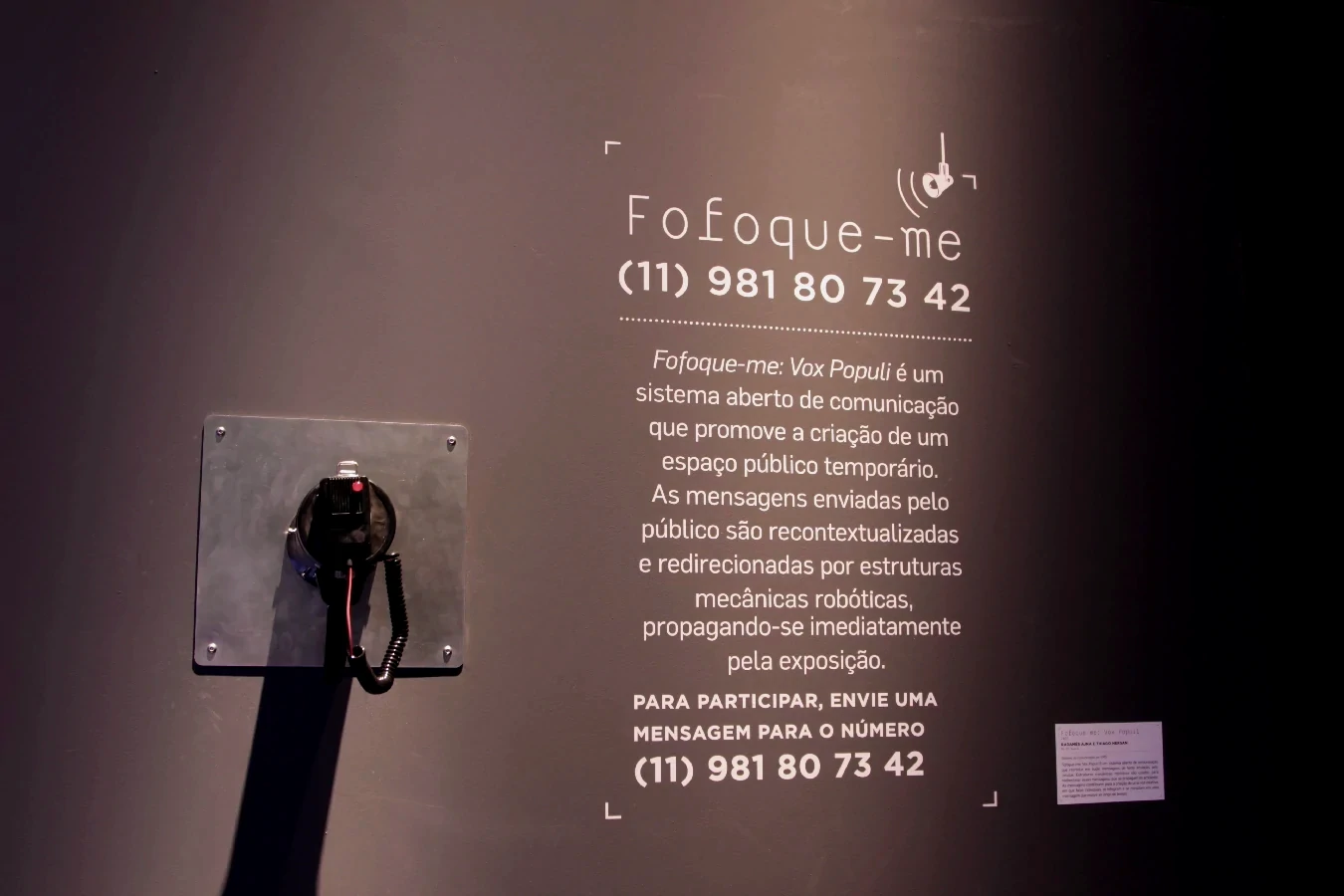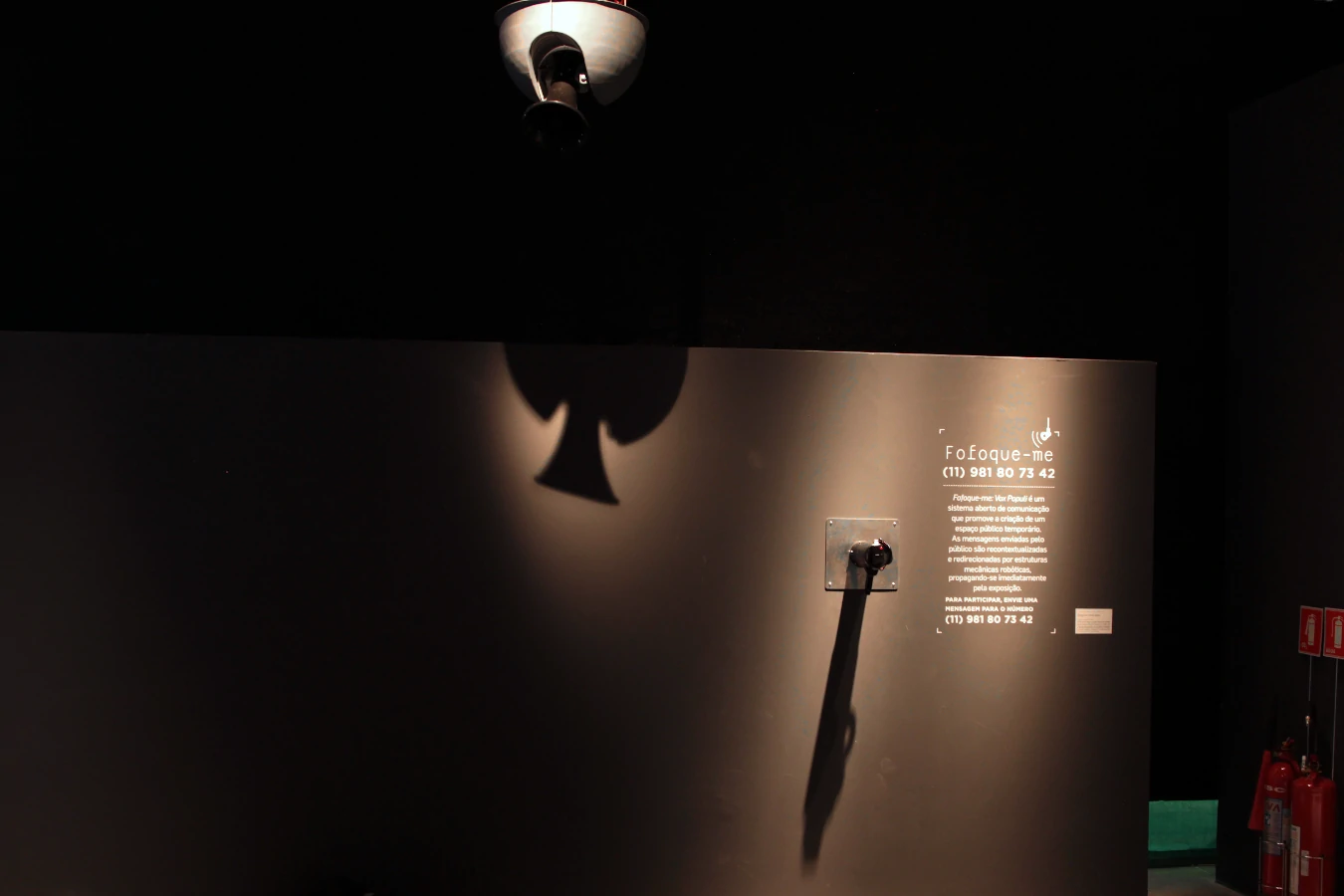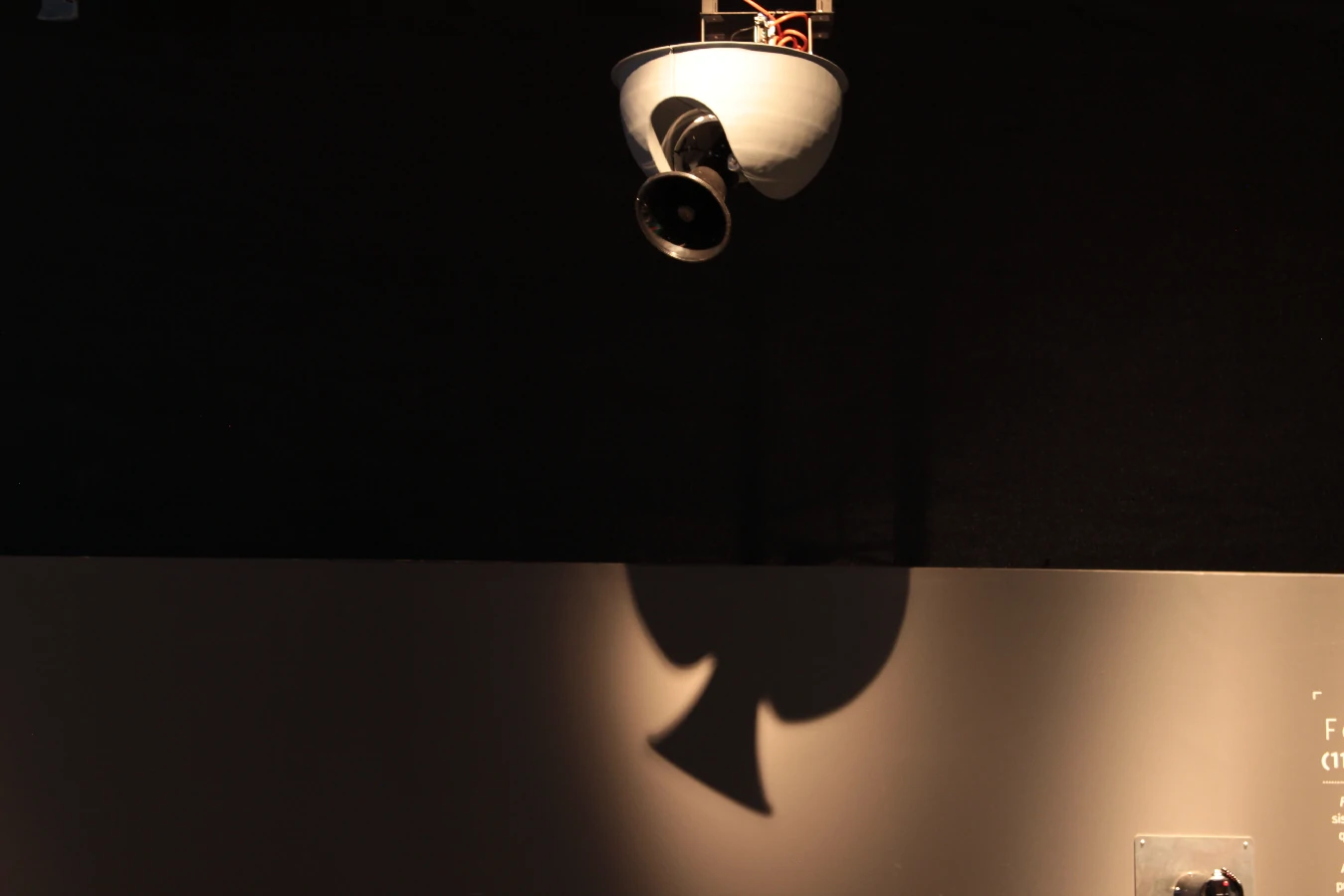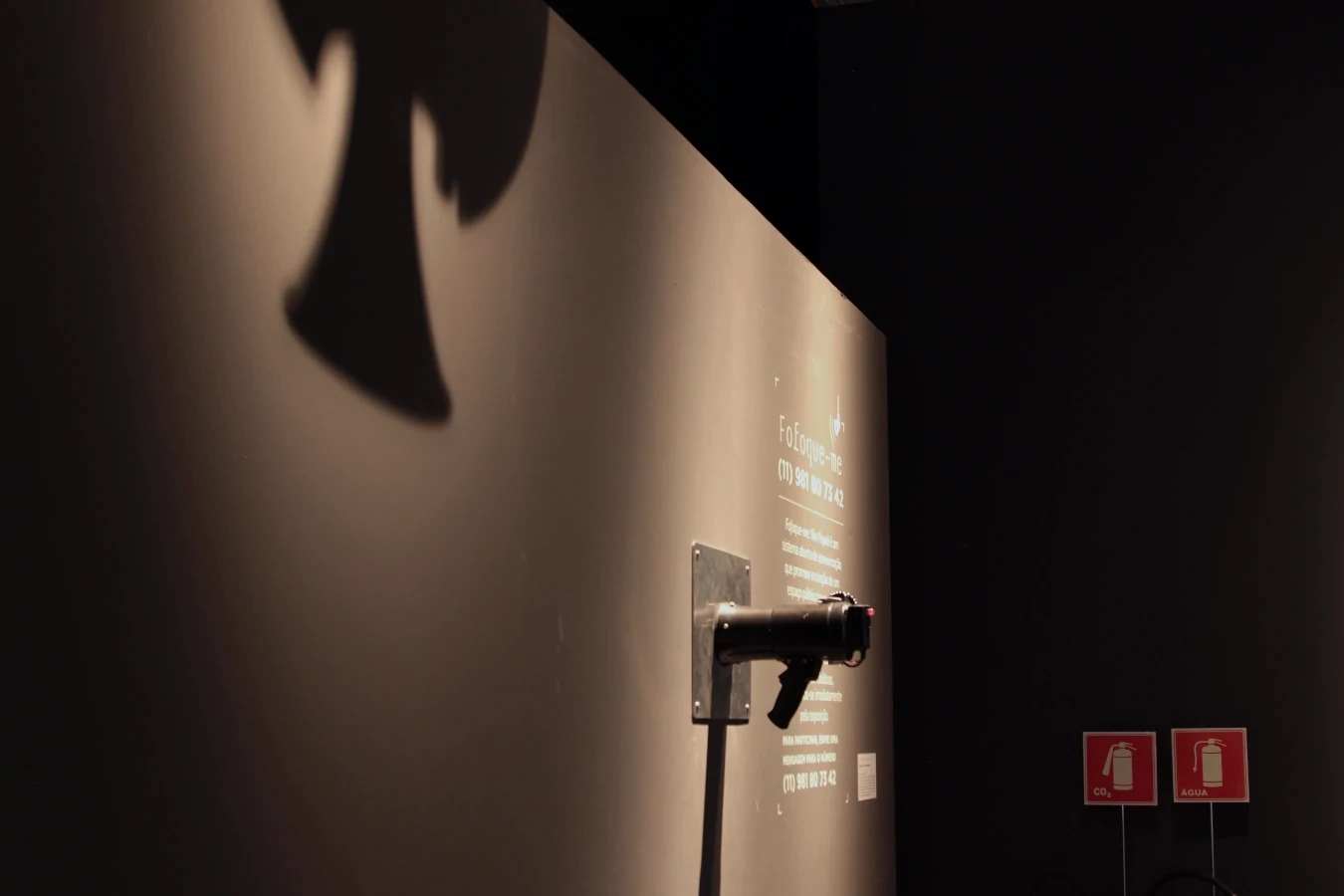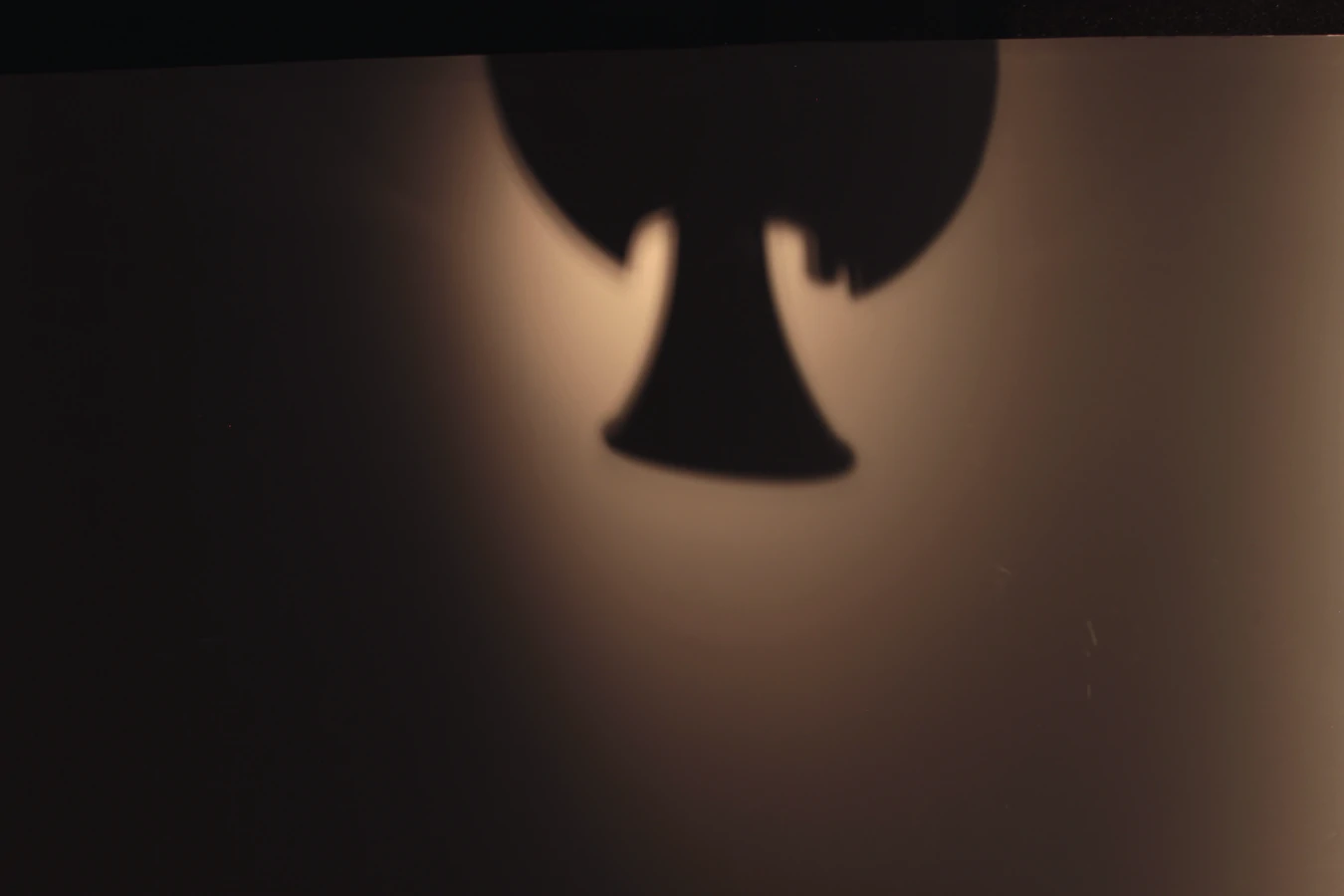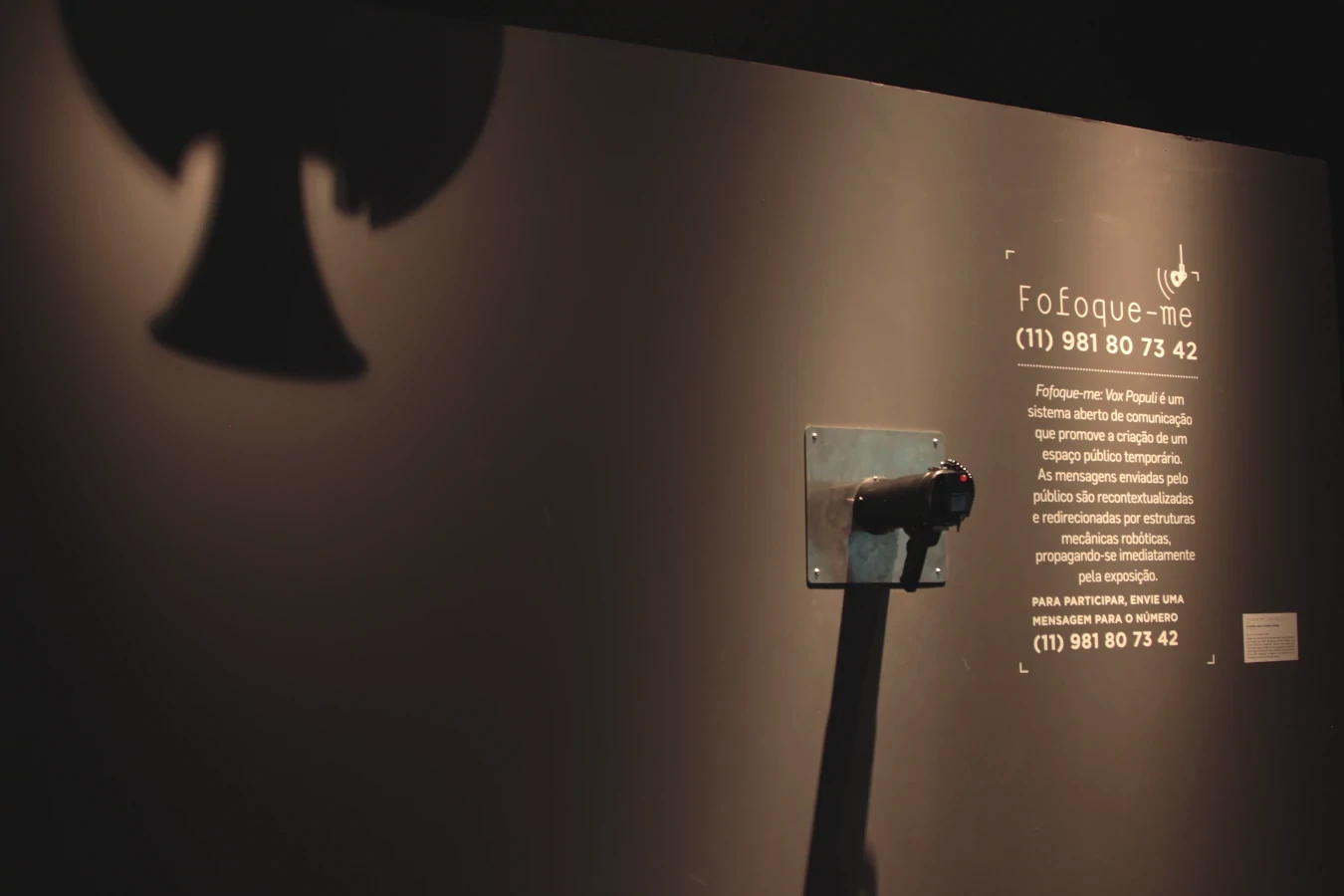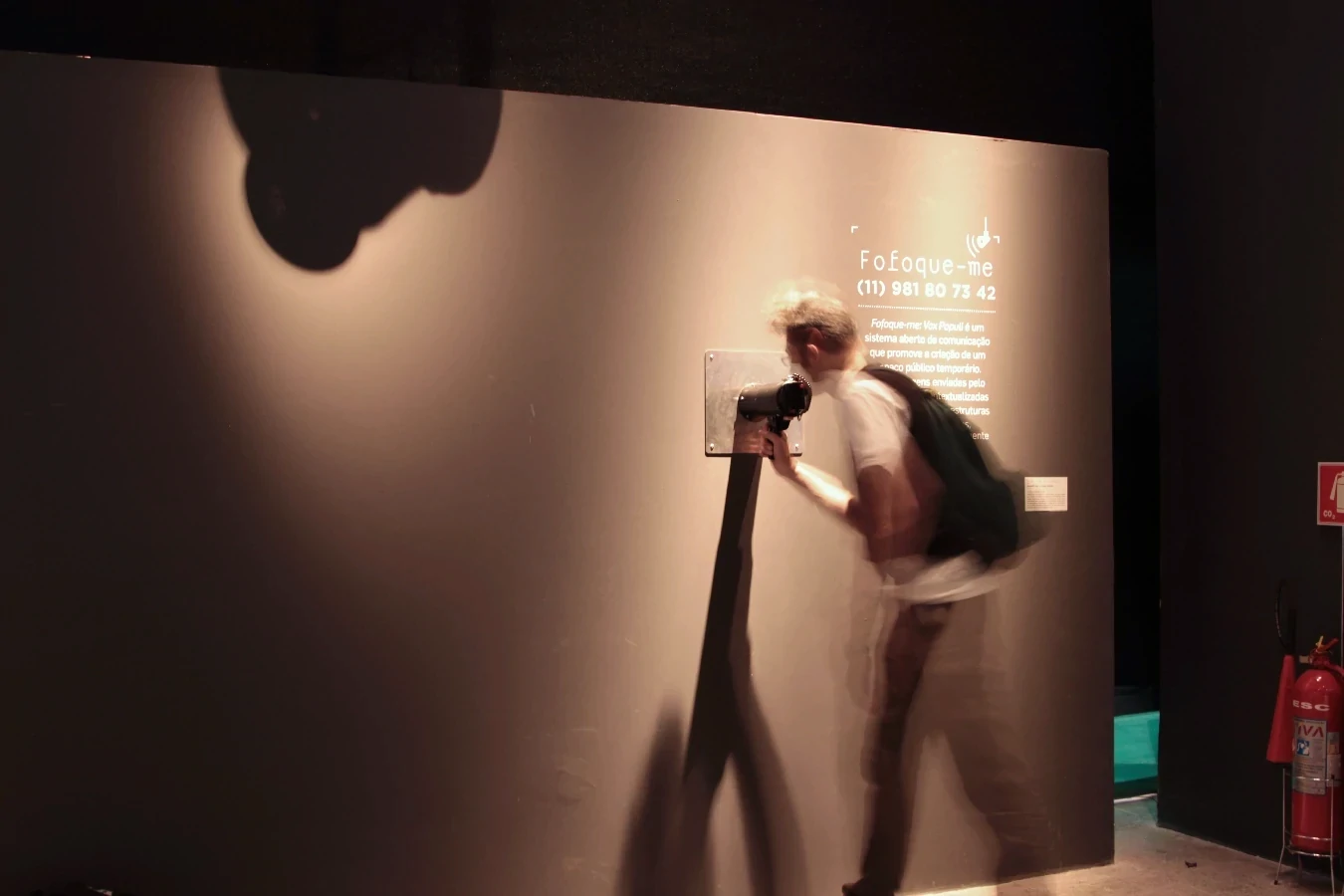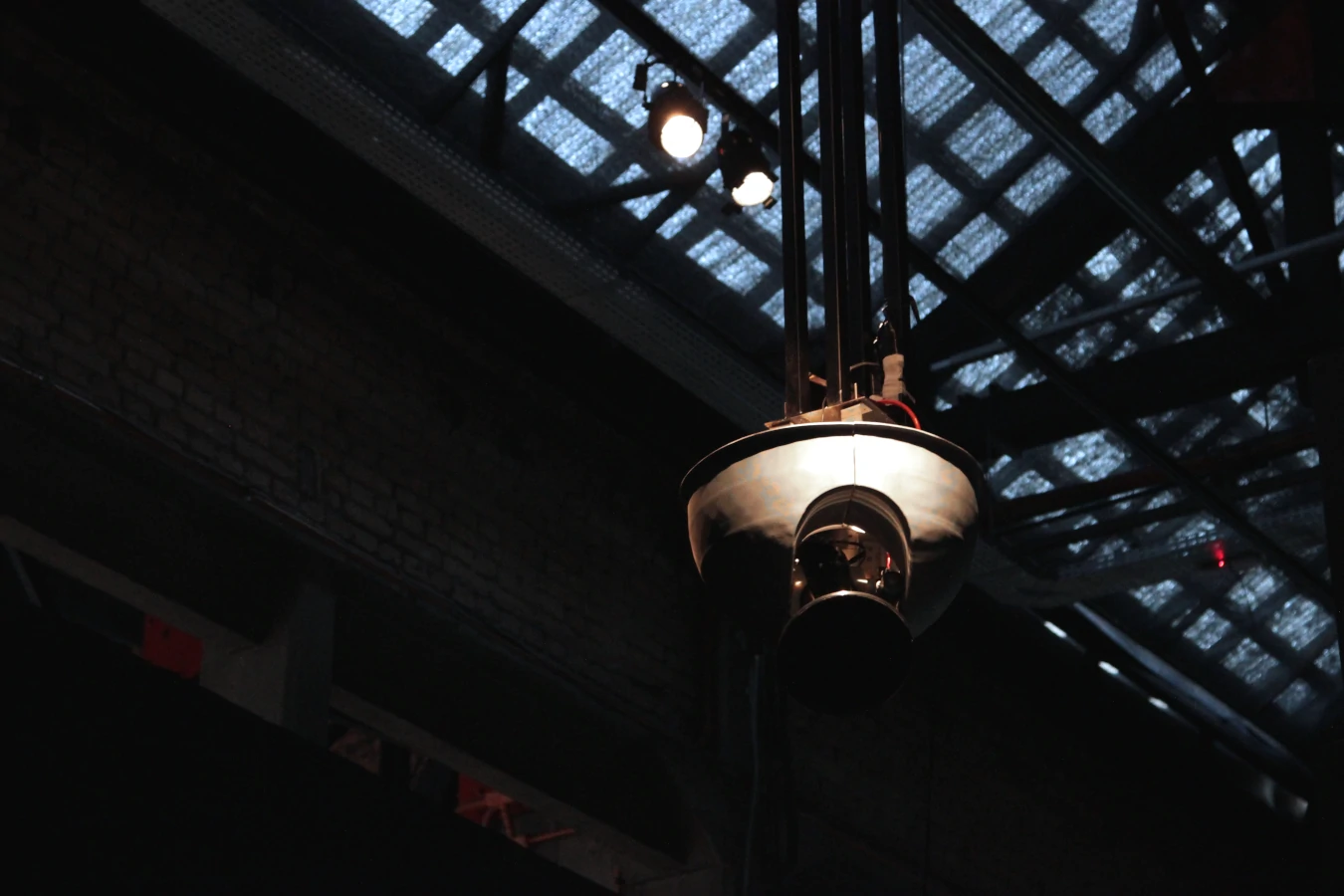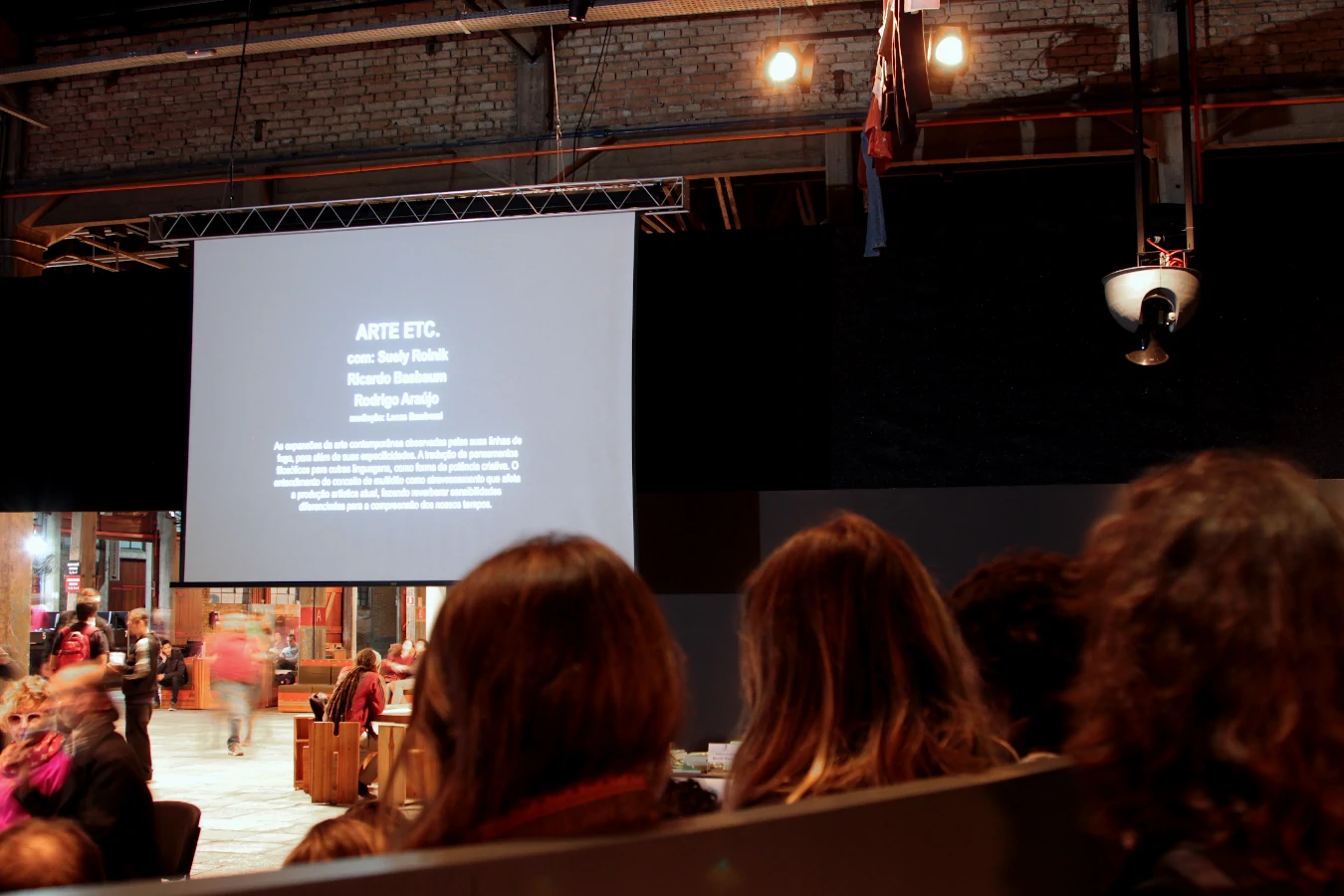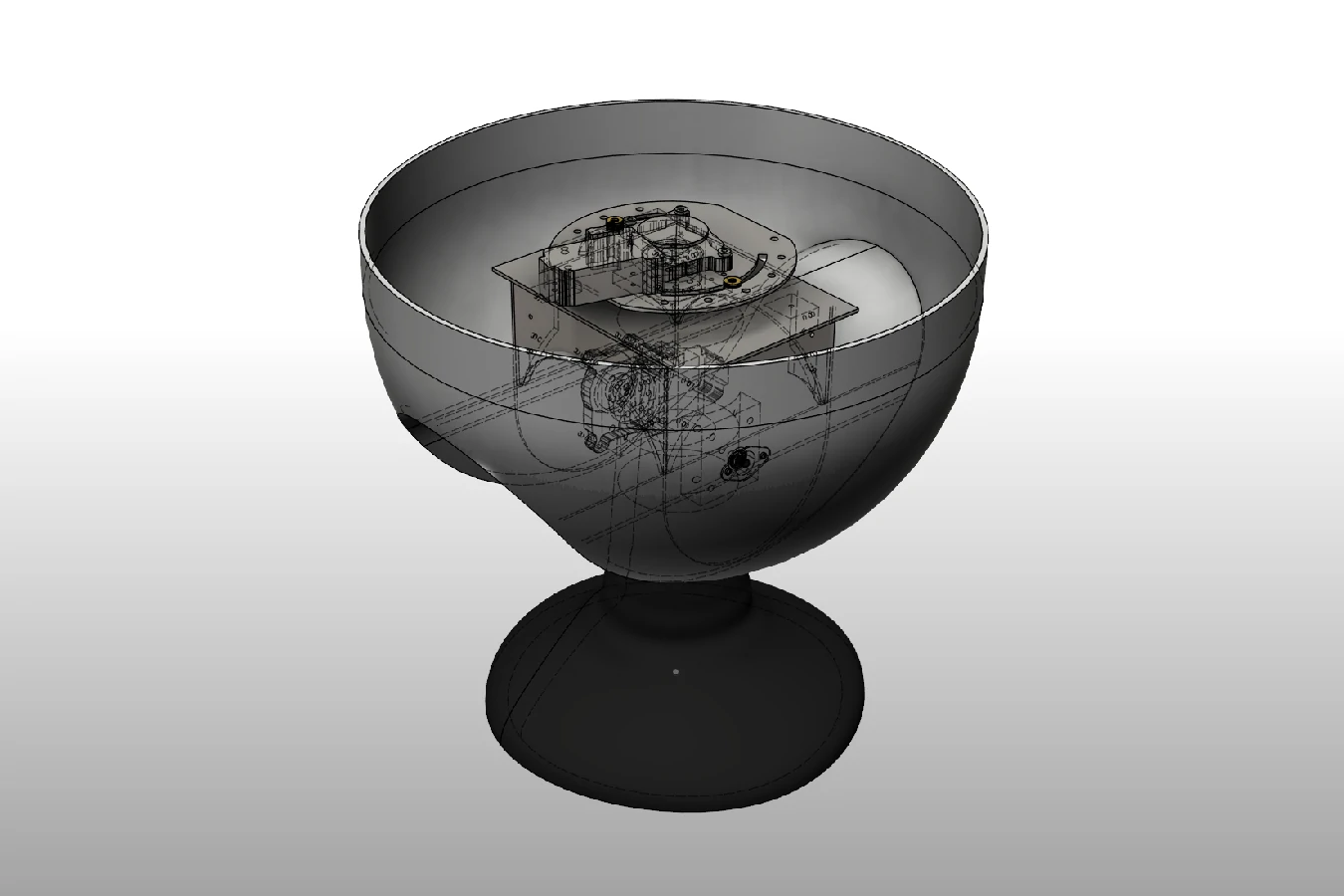
It is not hard to imagine a future where public spaces have been completely relegated to the virtual realm. A future where any kind of physical congregation is seen as a “violent provocation”, and where the technologies that were once used to promote participatory action, remain as the only platform for public discourse.
Can we consider public these virtual spaces run by private entities? What technological, social and conceptual tools are needed to potentialize and legitimize new forms of occupation and appropriation of physical and virtual spaces?
Fofoque-me: Vox Populi is an open communication system that exist in this near future, and promotes the creation of a temporary public space from the recontextualization of messages sent by participants.
The messages pass through a series of physical objects before being broadcast by a voice synthesis system. Mechanical robotic structures are used to redirect these messages, and deliberately invade the common area between them. This interaction between objects traces a physical path for the messages, giving location and materiality to a digital event, making the communication process a little more aggressive and tangible.
Besides being transmitted immediately upon reception, the messages also contribute to the creation of a collective voice, where individual opinions are integrated and merged into a single message that evolves over time.
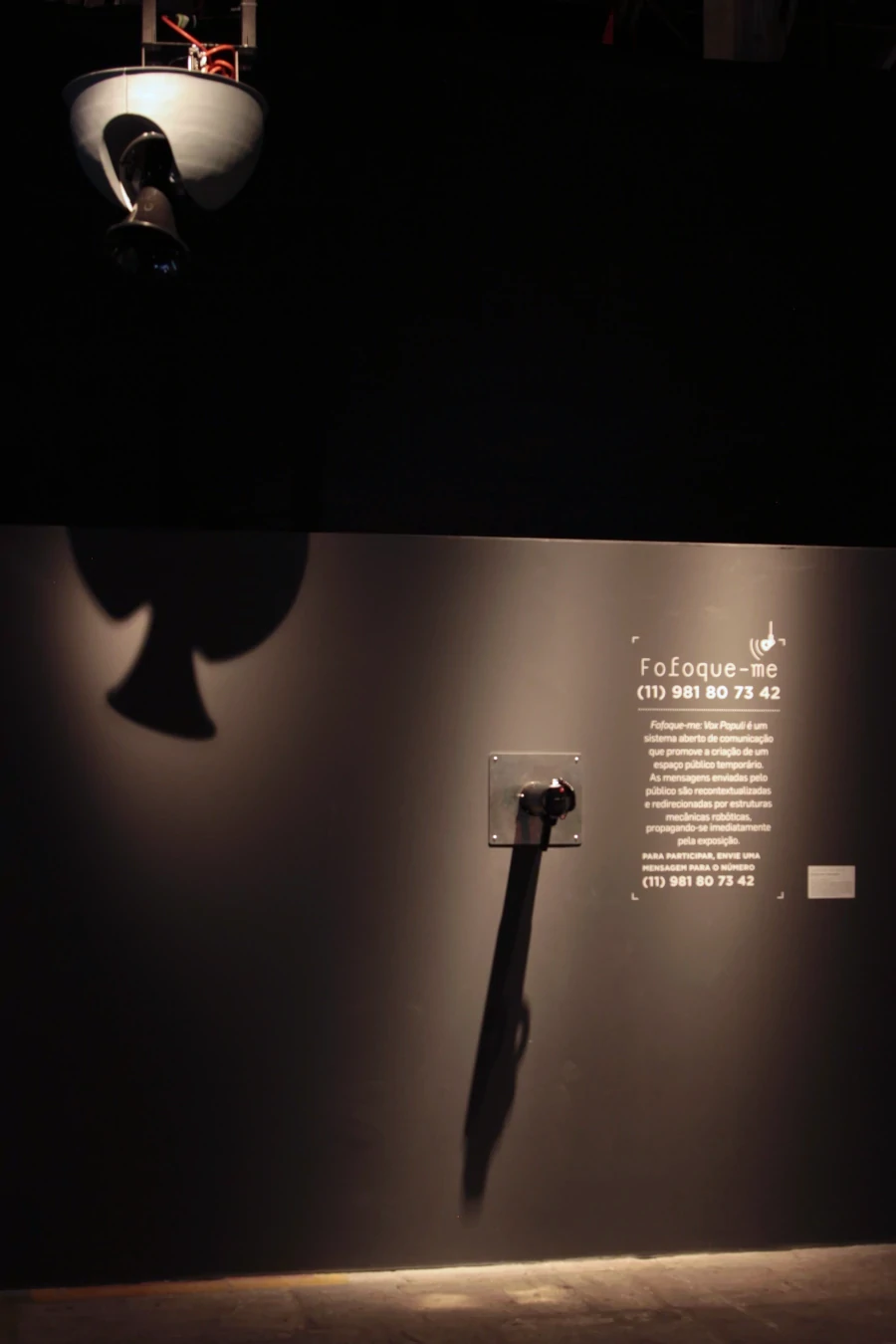
The project is grounded in the public demonstrations and protests that happened throughout Brazil in 2013, and the government’s attempt to regulate the use of public spaces.
Specifically, it plays with the ambiguities that arise when trying to define social behavior in dense urban areas, where everyday activities are already violent and chaotic.
Fofoque-me: Vox Populi was commissioned for the Multitude exhibition at SESC Pompéia in São Paulo, and was developed in collaboration with Radamés Ajna during a residency at Autodesk.
2016: Art Gym, Tate Liverpool - Liverpool, UK
2014: Multitudes, SESC Pompéia - São Paulo, BR
